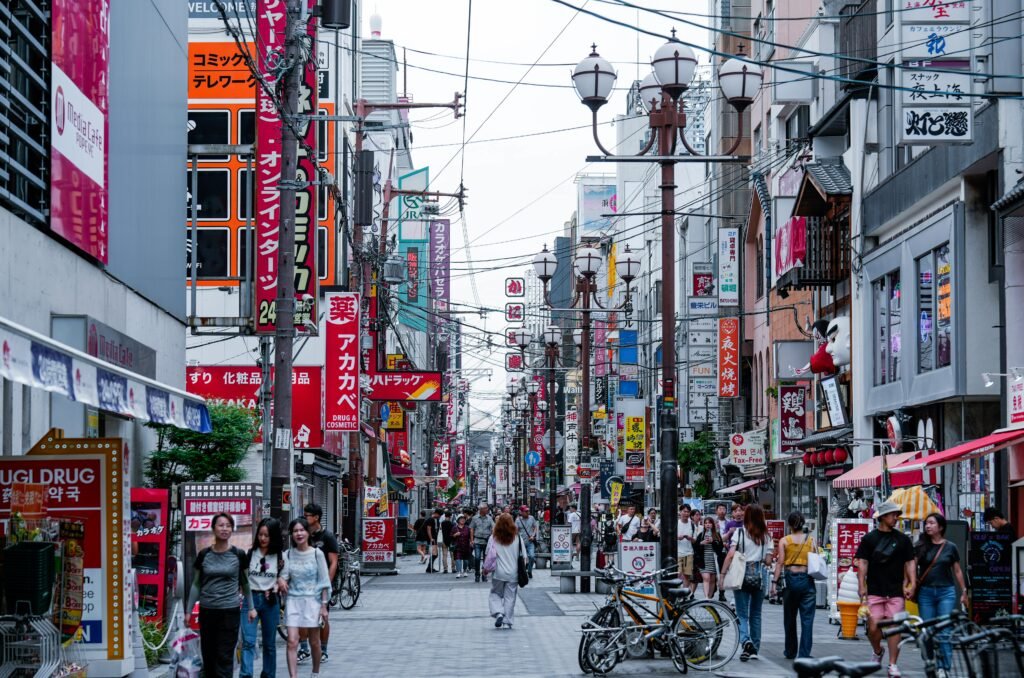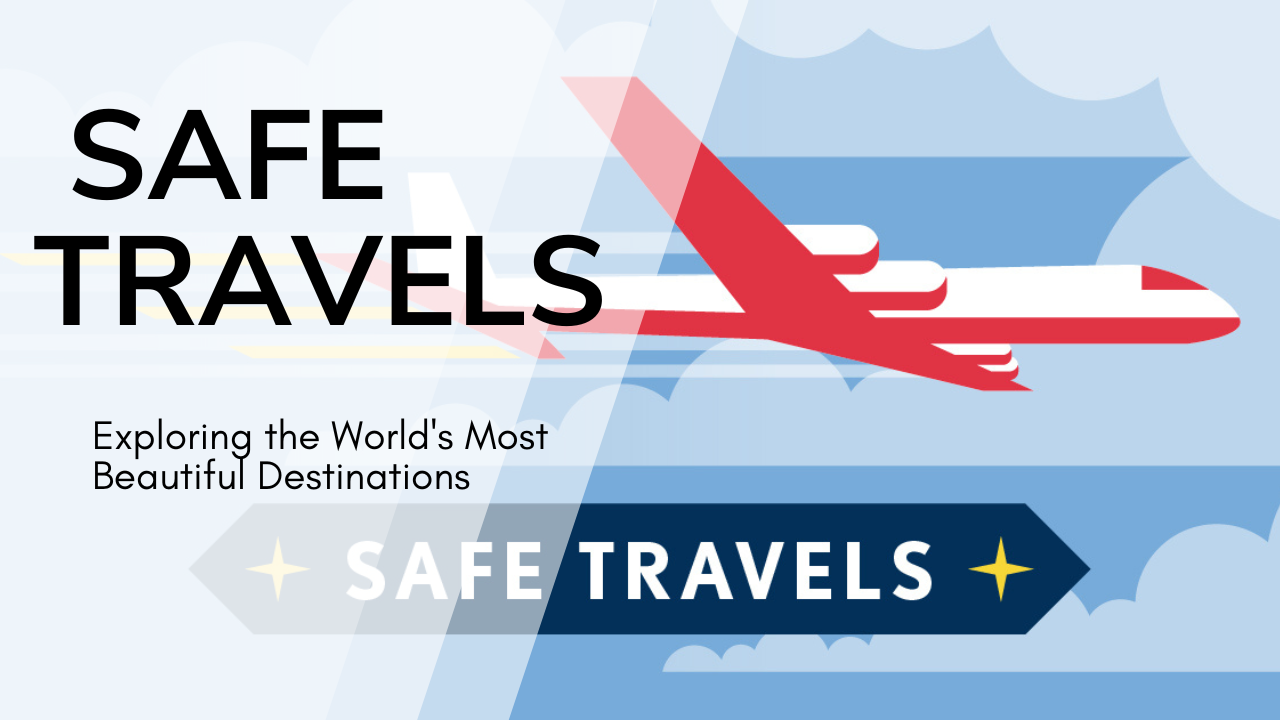Safe Travels or Safe Travel: What’s the Right Way to Say It?
When it comes to travel, certain words need to be used when describing. Now we’ll take a closer look at the difference between “safe travels” and “safe travel” and try to determine under which circumstances it is more beneficial to use one of the options.
What does “Safe Travels” Mean?
“Safe travels” is a good way of sending someone on a journey with good and safe wishes. It’s like saying, “I hope your journey goes well!” Here are a few ways you might use it:It’s like saying, “I hope your journey goes well!” Here are a few ways you might use it:
- ”Have a nice journey in your beach trip.”
- ”Safe journey and have a good holiday”
This phrase is ideal for using as a wish when someone is going for a journey.
What About “Safe Travel”?
“Safe travel” it has indeed means that traveling is done safely. It is about the dos and don’ts as well as the guidelines necessary in taking safe actions while traveling. In the context of a travel, you get to use this term when discussing on how one can avoid dangers. Here are examples:
- “Below are some safety tips to observe when next you are traveling.
- ”In order not to have issues, one should be safe while moving from one place to the other.”
Why Choosing the Right Term Matters
While choosing a phrase, there is nothing quite as essential as picking the right phrase so that people get the right meaning. Do not confuse between two phrases ‘safe travels,’ which one use while one is wishing the other person a safe journey and ‘safe travel,’ which one use while explaining how to protect oneself during traveling.

Tips for Safe Travel
Before You Go
- Learn About Your Destination: Check for any advisories or other important information that might be useful about the location you are visiting.
- Get Health Ready: Ensure you have any necessary vaccinations as well as any health certificates that might be required. Consider buying travel insurance.
- Keep Your Valuables Safe: Some traveler should use a money belt while others should ensure that they do not leave their valuable items in conspicuous places.
- Have Emergency Contacts: Indeed, it will be necessary to write down the phone numbers of local police and the embassy of your country.
While You’re Traveling
- Be Aware of Your Surroundings: Be aware and do not go to places that seem to be unsafe. This especially applies to situations that your instincts tell you are unsafe for you and those around you.
- Follow Local Rules: The sanctity of the laws of the place to be visited should be observed.
- Use Trusted Services: Select your transportation and the accommodation options that would keep you safe.
- Save Important Information: Though you can scan physical tickets or coupons, it is better to store them in a safer place. You can access them easily.
When You Get Back Home
- Watch for Health Issues: If you feel sick after your trip, see a doctor right away.
- Report Problems: If something went wrong during your trip, let the right people know.
- Think About Your Trip: Consider what went well and what you might do differently
People also ask
To What Extent Can One Say “Safe Travels”?
Yes, it is correct to use the phrase ‘safe travels.’ This is a traditional and popular manner for telling other people to have a good and safe trip. It is employees’ way of wishing well to another employee who is preparing to embark for a new station.
In this post, we will explore how do you wish a safe travel and come up with an answer that suits all the nations around the world since they have different ways of greeting.
To wish someone a safe journey, you can say:To wish someone a safe journey, you can say:
- “Safe travels!”
- “Have a great trip!”
As an author, one finally gets to say, ‘Bon voyage! Have a good time and stay safe!’
All these phrases are polite and indicate your desire that the person has a safe enjoyable time whenever they are traveling.
The question is what is the other way of saying safe travels?
There are several alternative ways to convey the same sentiment as “safe travels”:There are several alternative ways to convey the same sentiment as “safe travels”:
- “Bon voyage!”
- “Have a safe journey!”
- “Travel safely!”
There are a number of idiomatic expressions: Such as ‘Have a nice trip’, ‘Take care’, ‘Be careful’, ‘Safe journey’, and even ‘Good luck’.
These can vary from one another, but they can be used interchangeably depending on the situation as well as preferred personality.
Did you have a Safe Travel or Trip?
The phrase used today is “Have a safe trip” and not “Safe travel.” Simple reason trip means journey, while travel is the general movement from one place to another. Hence, it is much more natural and universally acceptable to say, “Have a safe journey.”
Does the Americans Say Safe Travels?
Indeed, the phrase ‘safe travels’ is today in common use among the American people and is used as a polite way of encouraging someone on a journey to have a good and safe trip. It is used at work and in other official or business events as well as in day to day conversation.
When talking about it, does it become travel with an S or Travels with an S?
Both “travel” and “travels” are correct but used in different contexts:Both “travel” and “travels” are correct but used in different contexts:
“Travel” is applied while referring to travel as a subject, an idea or an activity; Example: safe travel tips.
‘Travels’ may be used to means go well for you for a journey or several. Trips, e.g., “Safe travels on your trip!”
How Do You Say Safe Vacation?
To wish someone a safe and enjoyable vacation, you can say:
- “Have a safe vacation!”
- “Wishing you a safe and fun holiday!”
- “Enjoy your vacation and stay safe!”
These phrases convey your hope that the person will have a good time while staying safe.
How to Use Safe Travel?
“Safe travel” is used when discussing tips or guidelines for staying safe while traveling. For example:
- “Here are some safe travel tips for your trip abroad.”
- “Make sure to follow safe travel practices to avoid problems.”
It’s about ensuring that you are aware of and follow safety guidelines during your journey.
Do You Say Travel Safe or Safely?
The correct phrase is “Travel safely.” When giving advice or instructions, use “safely” as it is the proper adverb to describe how the action should be performed. For example:
- “Travel safely and take care!”
- “Remember to travel safely and stay alert.”

